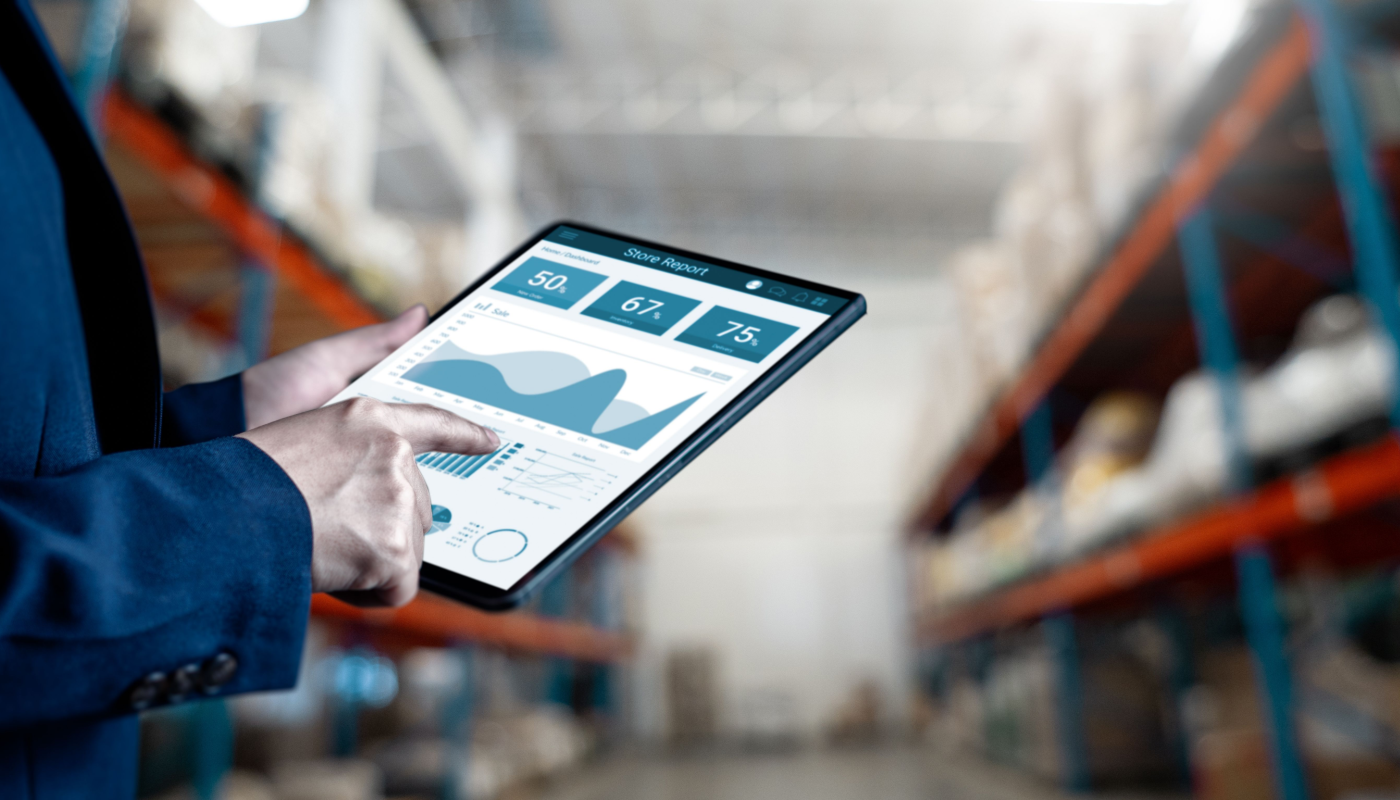Summary
Over the past few years, the chatter about the role of AI to “optimize” supply chain has been almost endless. Some of the material is great, other is hype, some conjecture, and in most cases, we will not know the impact for many years. Arkieva firmly believes the best path for any firm is analytics without borders (AWB). A recent presentation at the spring INFORMS conference looked at the future of SCM intelligence and identified a critical concept to help make sense of the chatter – autonomous SCM decision making. The presenter makes the critical observation that AI and data are not enough for autonomy. Autonomy requires understanding time, space, and causality and the ability to be creative. This supports the proposition that SCM intelligent decisions require the partnership of AI and optimization within the collaborative framework of community intelligence.
Although AI has made tremendous strides over the last 20 years in daily delivery services that are now hard to imagine not having. Slowly an understanding of AI’s limitations is starting to sink in.
The second critical concept that has to be incorporated into intelligence is resiliency. Historically central planning Demand Management’s Partner in Crime – Central Planning has focused on minimizing cost, new models must now balance resiliency not just for your suppliers, but your supplier’s suppliers.
Introduction
The chatter (good stuff and hype) about Artificial Intelligence (one of the AI’s) and its recent companion (machine learning ML), optimization is a forgotten analytics method that has had significant value to supply chain management (SCM) and its core methods are critical to ML. Arkieva is a firm believer that analytics without borders (AWB) is the key to the ongoing challenge of more intelligent SCM and regularly stays current with and participants in critical activities that focus on the future of SCM independent of the analytics methods. In this blog, we will review a first-class presentation made in May on the future of SCM. One of the critical concepts introduced was “autonomous”, that autonomous is different than intelligent, and autonomous is far away. Identifying and using the concept of autonomous in the wake of the third AI wave will avoid needless and endless debates.
One View of Supply Chain Optimization Now and In the Future
Each spring INFORMS runs its Business Analytics Conference. INFORMS is the premier professional analytics organization worldwide with roots in the 1950s and the early use of computers and analytic methods to improve supply chain decision making and performance. The spring Business Analytics Conference is the premier event focused on practitioners and has the prestigious Edelman Competition for the best application of analytics. The 2020 event was virtual, and the presentations were free to members. One that caught the attention of my colleague Prof. John Milne was titled “Supply Chain Optimization Now and In the Future: How Will Advances in Analytics and AI Influence Decision Making?”
Overview of the Presentation
Dr. Poppelaars provides this overview. “Being successful at S&OP/Integrated Business Planning is all about effective and timely decision making, requiring the right processes, data and especially the right decision support tools. Research shows that the majority of supply chain organizations still rely on spreadsheets to guide their supply chain decision making, slowing them down and making them less responsive and fragile. Recent advances in analytics and AI in combination with the ever-growing amount of available data enables fast and effective decision support, increasing both the pace and quality of decision making, maybe even No-Touch supply chain planning? In this talk, the impact of these recent developments will be discussed, including how it will impact supply chain decision making and how organizations should prepare in adopting them.”
Some Highlights
Below are some highlights from the presentation along with some key Arkieva points of view:
Resilience
- Most supply chain optimization is currently focused on reduced cost, in the future resiliency will be a critical objective
- Not just the resiliency of your supplier, but your supplier’s supplier
Data and Analytics Drive Supply Chain Improvement
- Is there a problem
- Baseline
- Low Hanging fruit
- Vulnerabilities and Opportunities
- Structural Changes
- Track Benefits
Pain Elements
- Supply Chain Visibility
- Cross-functional alignment
- Demand and Supply Volatility
- Ability to use data
- Ability to use Models (Arkieva)
- Executive team understanding of the supply chain
Reasons for Low Collaboration
- People – solving own problems is hard
- Process – siloed decision processes
- Technology – legacy planning systems do not support collaborative planning
- Need for agents of change (Arkieva)
- Community Intelligence (Arkieva)
Successful Collaboration Requires
- Central Data
- Central Model
- Common definitions
- Shared insights and coordination of groups
- if marketing runs campaign, then operations need to know
- Arkieva refers to this as successful Central Planning
Autonomy
- AI and Data are not enough for autonomy
- There is no free lunch – SCM are often short on data and the data available is fragile and superficial
- Must have understanding of time, space, and causality
- SCM requires creativity
- Arkieva note – optimization is a critical partner with AI
Uncertainty
- Understand the impact of uncertainty using scenarios
- Arkieva requires fast solve times and a robust environment to compare model results
Read More: An understanding of AI’s limitations is starting to sink in
Conclusion
As pointed out in previous blogs, being data-driven can lead to large disasters without the application of operations management (OM) methods to help guide decisions. Although AI is a powerful set of analytics methods that are and will continue to be helpful to SCM, by themselves they do not bring autonomy. This is a general view emerging across all AI application areas.
Enjoyed this post? Subscribe or follow Arkieva on Linkedin, Twitter, and Facebook for blog updates.





